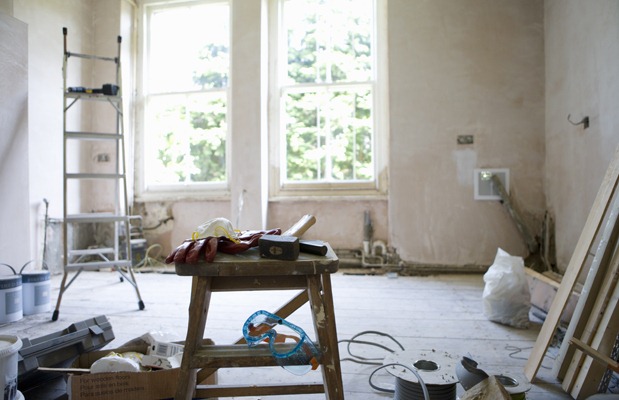06 Oct 7 Tips for Hiring A General Contractor For Home Improvement
Hiring a general contractor involves a bit more than simply checking licenses and soliciting bids. The people you hire to work on your home will be on your property for days or weeks — and the results will impact your life at home and the value of the property.
Here are 7 tips to feel comfortable with your general contractor and confidently make a hiring decision that will lead to high-quality results.
1) Look for Someone with Local Success
When reviewing portfolios and resumes, a history of successful projects in your neighborhood or area should be considered major plus. For one, you want a general contractor who understands the quality and style of homes in your area. Also, a contractor traveling from far away may be desperate for work. A company that has repeatedly worked in neighborhoods like yours has demonstrated a track record of successful projects like yours.
2) Prepare Questions and Conduct Interviews
Start with phone calls and progress to in-person meetings. Before interviewing a contractor, have your questions and concerns written down. This helps in case the conversation becomes too focused on your project and the costs — you also need to ask about their financial stability, how they manage subcontractors, and other important details. Make notes while interviewing each general contractor so you can re-assess later.
3) Convey Your Expectations
Do you want workers to arrive no earlier than 9 a.m.? How much do you want to be involved in selecting materials? The hiring process is your chance to convey personal guidelines to the general contractor. Home improvement projects go more smoothly when all sides are on the same page from the beginning.
4) Visit an In-Progress Jobsite
If your potential hire has a job in progress, you may be allowed to scope it out. Construction and renovation sites can look messy, but the project should look relatively tidy and very professional. A poorly-managed project will be easy to spot.
5) Get Estimates You Can Understand
Estimates vary based on included costs, anticipated overrun percentages, and various charges that may be incurred if the project becomes more complicated. One general contractor might offer a low bid but include less or require higher fees for extra work. Look beyond the initial costs and determine the potential costs if the project takes an extra week or requires additional tasks.
6) Discuss Payment Terms
A general contractor will typically receive the bulk of the payment in installments throughout the project, with a smaller down payment and final payment. Only the smallest, fastest home improvement jobs should require a significant down payment of 50% of more. Make sure you are comfortable with payment terms, and avoid paying upfront for large projects.
7) Say No to the Cheapest Bid
Paying less sounds nice, but you can confidently reject the lowest bid if you solicit more than a few estimates. Lowball offers frequently spiral into more expensive disasters. Cheap bids can also indicate a less talented and reliable general contractor. Home improvement represents an important investment in your property — expect to pay fair value for quality work.
Hiring a general contractor starts with research and planning on your part. We can help you get started with an estimate and information about our experience in delivering home improvement projects like the one you have in mind. Contact us today to find out if we are the right general contractor for your project.


Sorry, the comment form is closed at this time.